Lists



3 Books
Biography/Memoir
Sort by:
Recent Desc
More lists by Chancey hall
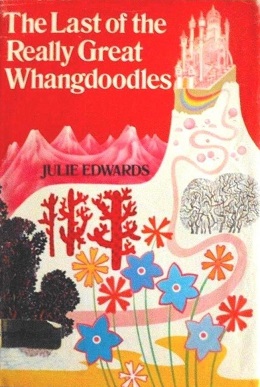
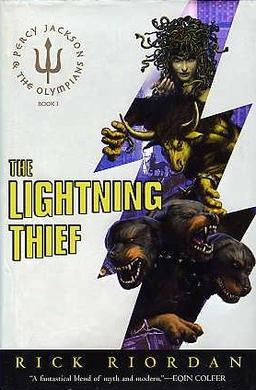

Children’s books
List includes: The Last of the Really Great Whangdoodles, The Lightning Thief, The Wishing Spell
April 2023
0
C
@chancey-hall

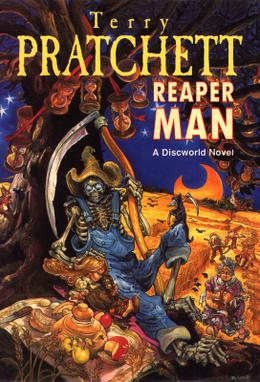

Want to read!
List includes: Neverwhere, Reaper Man, Witches Abroad
April 2023
0
C
@chancey-hall



High School
List includes: Fahrenheit 451, Animal Farm, To Kill a Mockingbird
April 2023
0
C
@chancey-hall

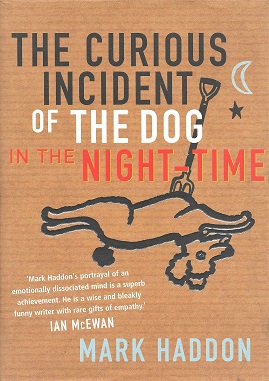
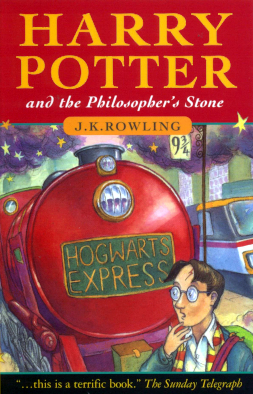
Book club books
List includes: Fahrenheit 451, The Curious Incident of the Dog in the Night-Time, Harry Potter and the Sorcerer's Stone
April 2023
0
C
@chancey-hall



Favorite Books
List includes: Ella Enchanted, One Flew Over the Cuckoo's Nest, The Hunger Games
April 2023
0
C
@chancey-hall